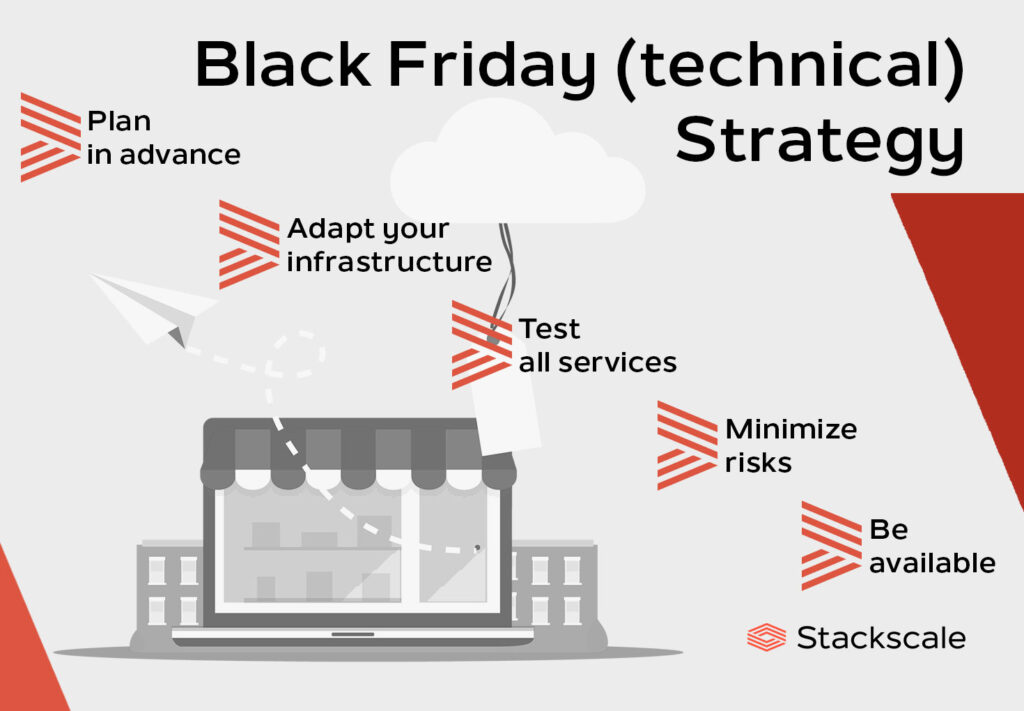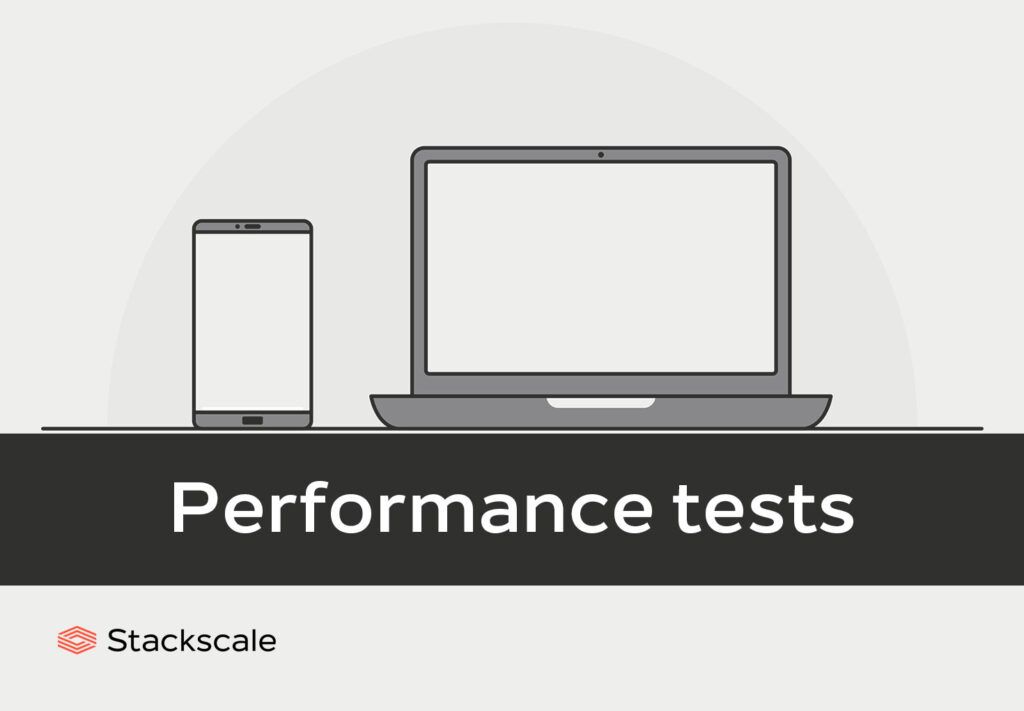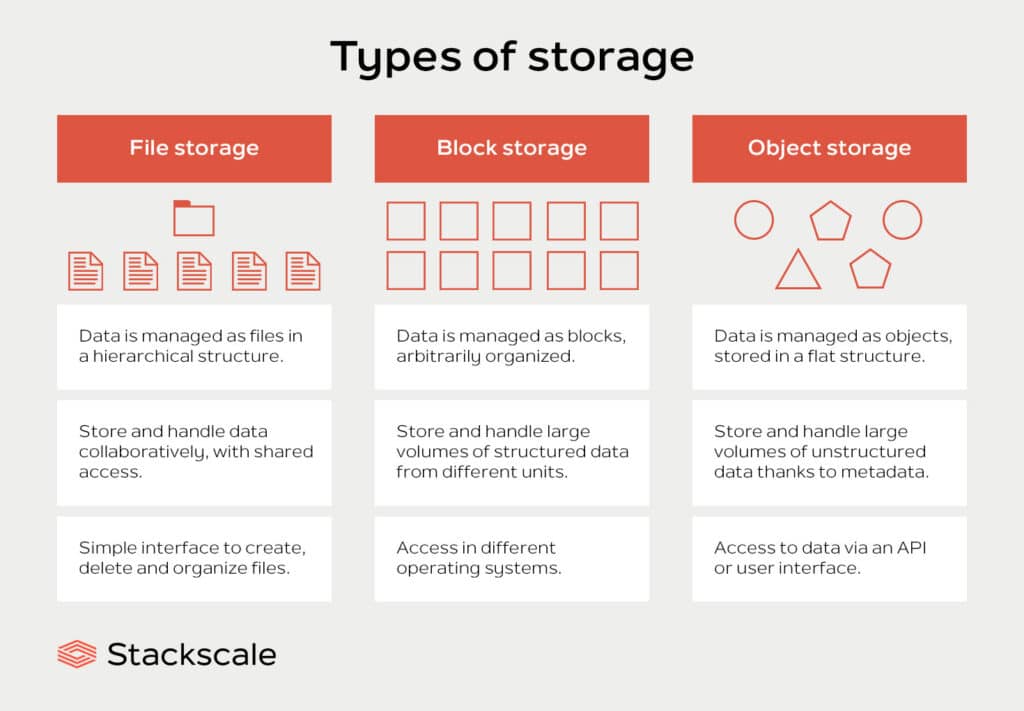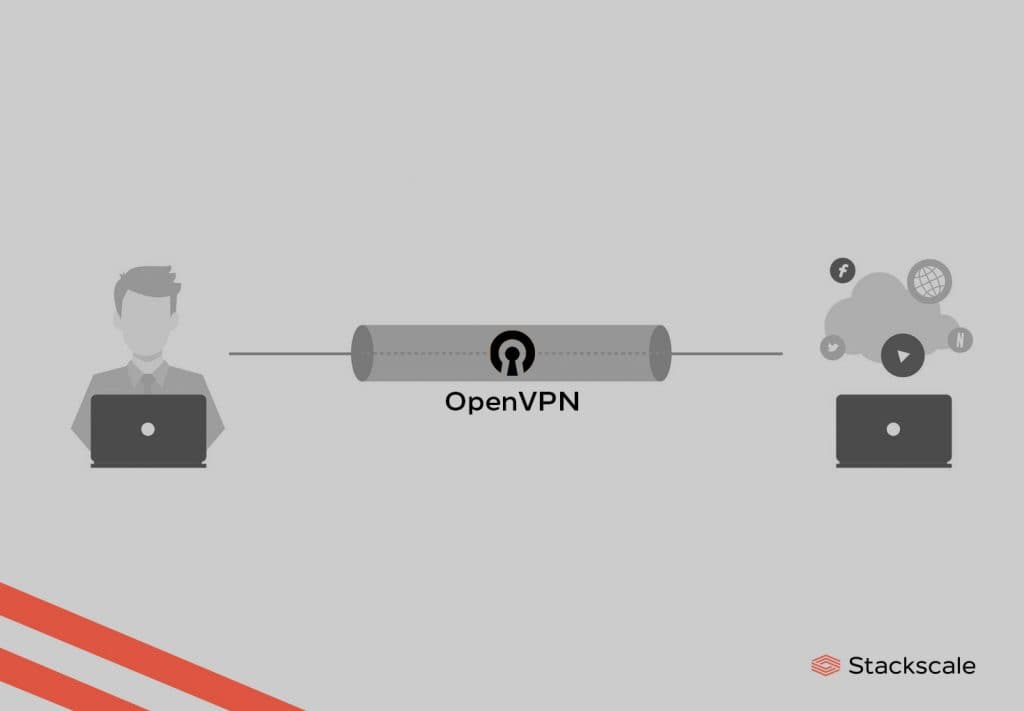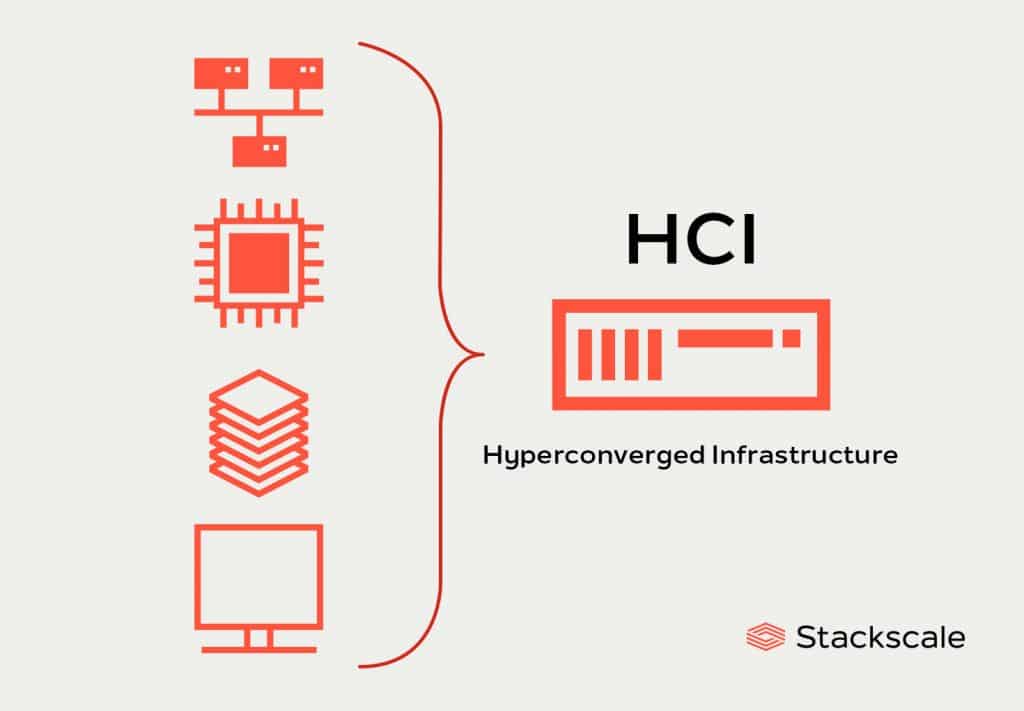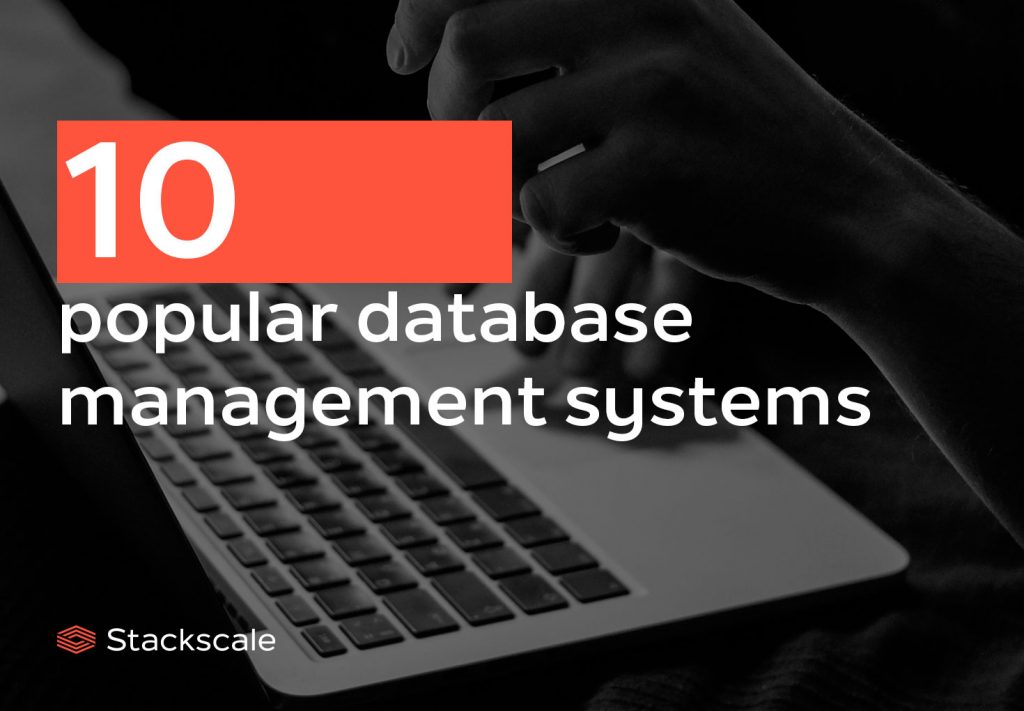By allowing cookies, you voluntarily agree to the processing of your data. This also includes, for a limited period of time, your consent in accordance with the Article 49 (1) (a) GDPR in regard to the processing of data outside the EEA, for instead, in the USA. In these countries, despite the careful selection and obligation of service providers, the European high level of data protection cannot be guaranteed.
In case of the data being transferred to the USA, there is, for instance, the risk of USA authorities processing that data for control and supervision purposes without having effective legal resources available or without being able to enforce all the rights of the interested party. You can revoke your consent at any moment.


